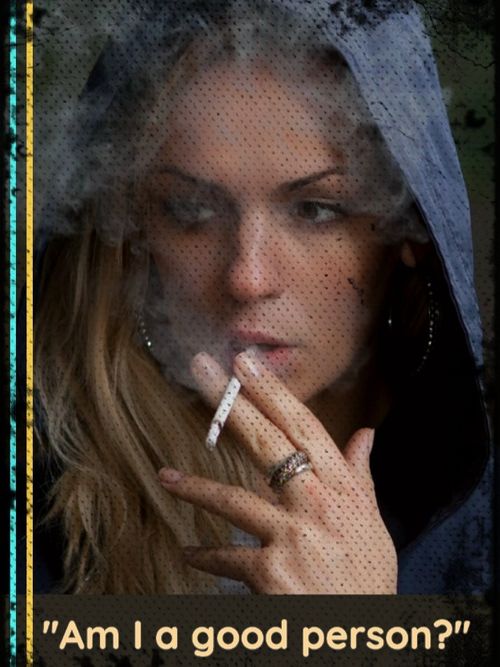How to know if you’re a good (or bad) person
Aug 04, 2021 · 2 mins read
0
Share

Our moral identity is so important to us that if it’s challenged or questioned in any way, we automatically get defensive. In fact, it’s something we work hard to protect.
Save
Share
But here’s the thing: our brains require so many shortcuts to function that we basically operate on autopilot mode. We have to process 11 million pieces of information at any moment – yet we can only be conscious of 40. This is called “bounded rationality”.
Save
Share
The social scientist Dolly Chugh has been working on a similar concept, “bounded ethicality”, that applies to our moral choices. In other words: even when we have egalitarian views, our brain still takes shortcuts based on unconscious biases.
Save
Share
Let’s say you’re browsing résumés to fill a job vacancy. You can take impartiality extremely seriously yet still be unconsciously influenced by things like someone’s name or their hobbies.
Save
Share
When we become aware of any mistakes we’ve made, we instinctively swing towards the “red zone” of defensiveness. The closer we get to that zone, the more effort we put into actions that make us feel like a good person.
Save
Share
The problem with our conscious effort to feel like a good person is that we don’t leave room to grow and learn from our mistakes. Instead, we think in binary terms: good/bad, racist/not racist.
Save
Share
Yet in every other area of our lives, we don’t carry on this way. We consult experts, update our knowledge, and improve through trial and error. So why do we treat being “good” so differently?
Save
Share
If we could simply accept that we are good-ish, we’d free up more room to notice our screw-ups. There’d be no waiting for others to call us out. We’d actively seek out improvements and growth.
Save
Share
Bottom line: Our need to see ourselves as a “good” person holds us back from being a better person. Our idea of what a good person looks like is impossible to achieve in reality. The key is to accept that we’re simply good-ish and give ourselves room to learn from mistakes and grow.
Save
Share
0